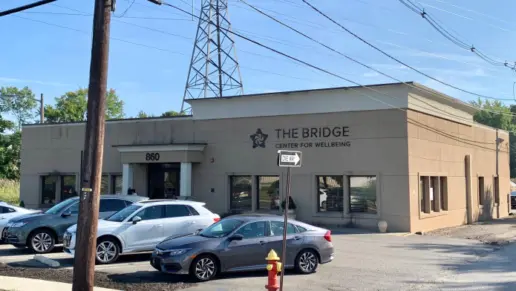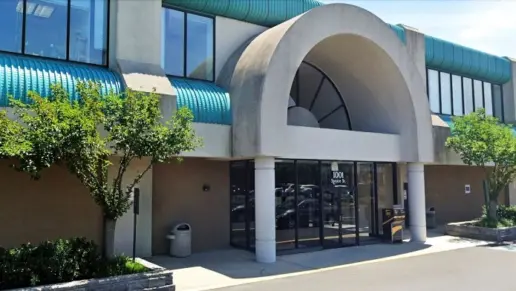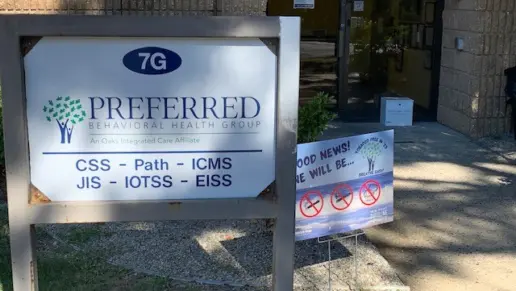About Solstice Counseling & Wellness Center
Solstice Counseling and Wellness Center provides quality addiction treatment for Southern New Jersey residents. This location in Pemberton offers general outpatient programs, intensive outpatient programs and medication-assisted treatment.
They’re all about helping you recover from substance misuse, co-occurring mental issues and anger management. They help adults and adolescents in their recovery journey.
The facility is close to Route 38 and other main roads. This makes it easy to access from nearby areas. What stands out most about this place is their focus on treating the whole person. This approach not just the mental aspects of addiction but also your physical health, cultural background and spiritual needs.
It aims to help you fully heal and break free from addictive habits. The facility has numerous activities lined up to make this happen. This includes weekly yoga classes, creative and educational groups and financial counseling. They also offer budget planning, resume help and up-to-date job boards.
There’s a recreational room complete with flat-screen televisions for film groups and a pool and ping-pong tables for letting off steam. Seminars and socials, monthly field trips and even reward-based goal systems are included.
Skilled counselors are on hand 24/7 to offer support whenever you need it. This sets the stage for hands-on healing in a way that makes you feel genuinely cared for. It also encourages personalized care that’s culturally sensitive. You can fund your treatment using NJ Medicaid, NJ Family Care and United Healthcare.
You can take advantage of their sliding fee scale option if uninsured. This enables you to receive payment based on your income. You won’t even have to pay if you’re18 to 24. Your treatment will be state funded in that case. I think their telehealth support is really helpful as well.
Receiving therapy virtually at your home is comforting and saves costs. You’ll undergo an intake assessment when you first visit the clinic. The clinical team will then create personalized treatment plans. This will include the level of care needed to help you heal.
IOP is a great choice here if you need more support to heal. It involves about nine to 12 hours of mainly group treatment weekly for three to six months. They offer both day and evening sessions to ensure you get the full spectrum of assistance. This program involves therapy groups, participation in mutual self help meetings and family sessions.
They also offer psychiatric evaluation, medication management and vocational, health and wellness counseling. Urine drug screening, discharge planning and aftercare support are part of this program as well. Most folks step down to the OP for continued care.
This program addresses behavioral issues that trigger your substance use in group and individual sessions. It is very flexible and less intensive than IOP involving just one or two sessions weekly. Their integrated treatment for co-occurring conditions includes psychiatric assessment, medication monitoring and therapy sessions. They also provide psychiatric education alongside skill and symptom management training.
Rehab Score
Gallery
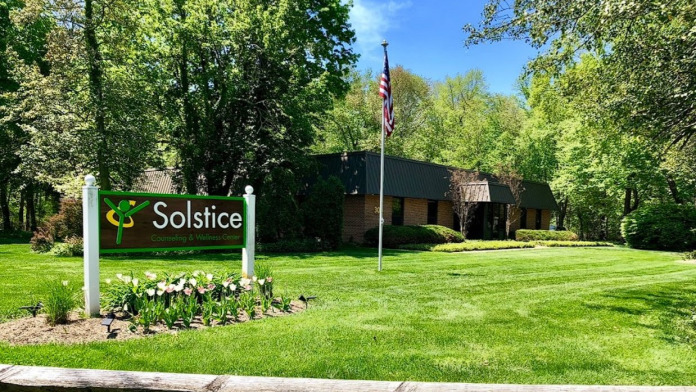
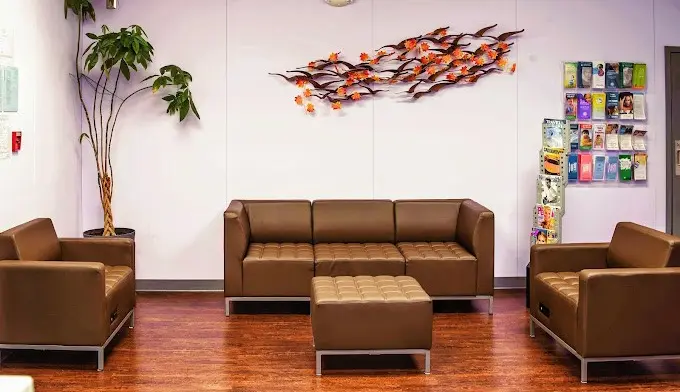


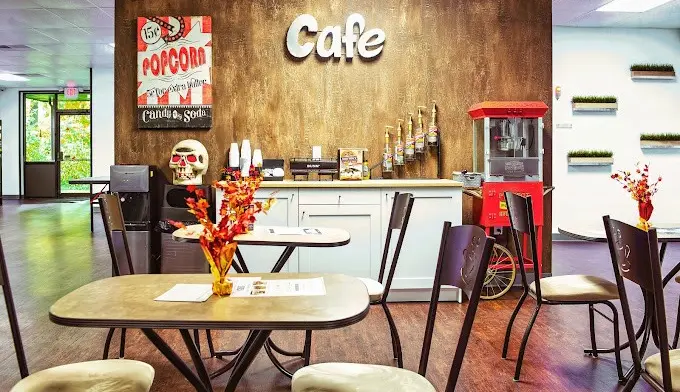
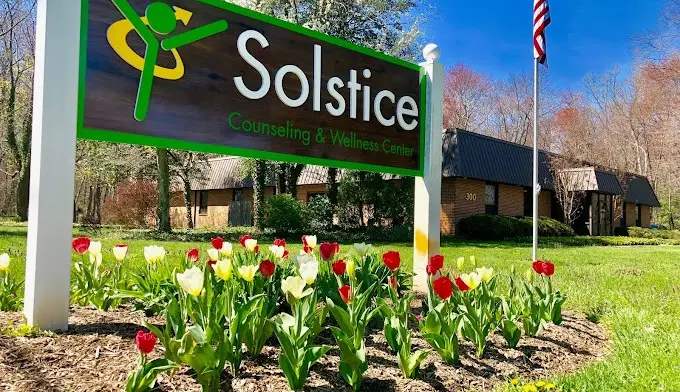
Location
Accepted Insurance

Other Forms of Payment
Private insurance refers to any kind of healthcare coverage that isn't from the state or federal government. This includes individual and family plans offered by an employer or purchased from the Insurance Marketplace. Every plan will have different requirements and out of pocket costs so be sure to get the full details before you start treatment.
Self-pay involves paying for treatment out of your own pocket. You can use savings or credit, get a personal loan, or receive help from family and friends to fund your treatment. If you don't have insurance or your insurance plan doesn't cover a specific program, self-pay can help ensure you still get the care you need.
Medicaid is a state based program that helps lower-income individuals and families pay for healthcare. Medicaid covers addiction treatment so those enrolled can use their coverage to pay for rehab. When a program accepts Medicaid the client often pays very little or nothing out of their own pocket.
Military members, veterans, and eligible dependents have access to specific insurance programs that help them get the care they need. TRICARE and VA insurance can help you access low cost or no cost addiction and mental health treatment. Programs that accept military insurance often have targeted treatment focused on the unique challenges military members, veterans, and their families face.
Addiction Treatments
Levels of Care
Treatments
The goal of treatment for alcoholism is abstinence. Those with poor social support, poor motivation, or psychiatric disorders tend to relapse within a few years of treatment. For these people, success is measured by longer periods of abstinence, reduced use of alcohol, better health, and improved social functioning. Recovery and Maintenance are usually based on 12 step programs and AA meetings.
Drug rehab in New Jersey is the process of addressing the complex issues involved with addiction. Challenges are identified and addressed through individual and group counseling. Participants learn how to manage these issues without the use of substances.
Many of those suffering from addiction also suffer from mental or emotional illnesses like schizophrenia, bipolar disorder, depression, or anxiety disorders. Rehab and other substance abuse facilities treating those with a dual diagnosis or co-occurring disorder administer psychiatric treatment to address the person's mental health issue in addition to drug and alcohol rehabilitation.
Mental health rehabs focus on helping individuals recover from mental illnesses like bipolar disorder, clinical depression, anxiety disorders, schizophrenia, and more. Mental health professionals at these facilities are trained to understand and treat mental health issues, both in individual and group settings.
Substance rehabs focus on helping individuals recover from substance abuse, including alcohol and drug addiction (both illegal and prescription drugs). They often include the opportunity to engage in both individual as well as group therapy.
Programs


Clinical Services
Group therapy is any therapeutic work that happens in a group (not one-on-one). There are a number of different group therapy modalities, including support groups, experiential therapy, psycho-education, and more. Group therapy involves treatment as well as processing interaction between group members.
In individual therapy, a patient meets one-on-one with a trained psychologist or counselor. Therapy is a pivotal part of effective substance abuse treatment, as it often covers root causes of addiction, including challenges faced by the patient in their social, family, and work/school life.
Trauma therapy provides a structure to approach healing from past traumatic events that you may have witnessed or experienced. Your therapist will work with you to identify and process these memories. This helps promote a sense of safety and stability and helps you heal emotionally.
Most experts in couples therapy are trained in several modes of treatment. This allows your therapist to draw from various techniques to personalize your therapy for your needs. This may include cognitive, emotional, and behavioral methods, which are all designed to help you strengthen your relationship.
Research clearly demonstrates that recovery is far more successful and sustainable when loved ones like family members participate in rehab and substance abuse treatment. Genetic factors may be at play when it comes to drug and alcohol addiction, as well as mental health issues. Family dynamics often play a critical role in addiction triggers, and if properly educated, family members can be a strong source of support when it comes to rehabilitation.
Life skills trainings involve all the skills a person must have in order to function successfully in the world. These include time management, career guidance, money management, and effective communication. Truly successful addiction recovery is based on the ability to not only live substance-free, but to thrive. Life skills teaches the practical necessities of functioning in society, which sets clients up for success in life, and therefore sobriety.
Amenities
-
Residential Setting
-
Private Rooms
Accreditations

The Commission on Accreditation of Rehabilitation Facilities (CARF) is a non-profit organization that specifically accredits rehab organizations. Founded in 1966, CARF's, mission is to help service providers like rehab facilities maintain high standards of care.
CARF Accreditation: Yes
Contact Information
300 Birmingham Rd
Pemberton, NJ 09384







